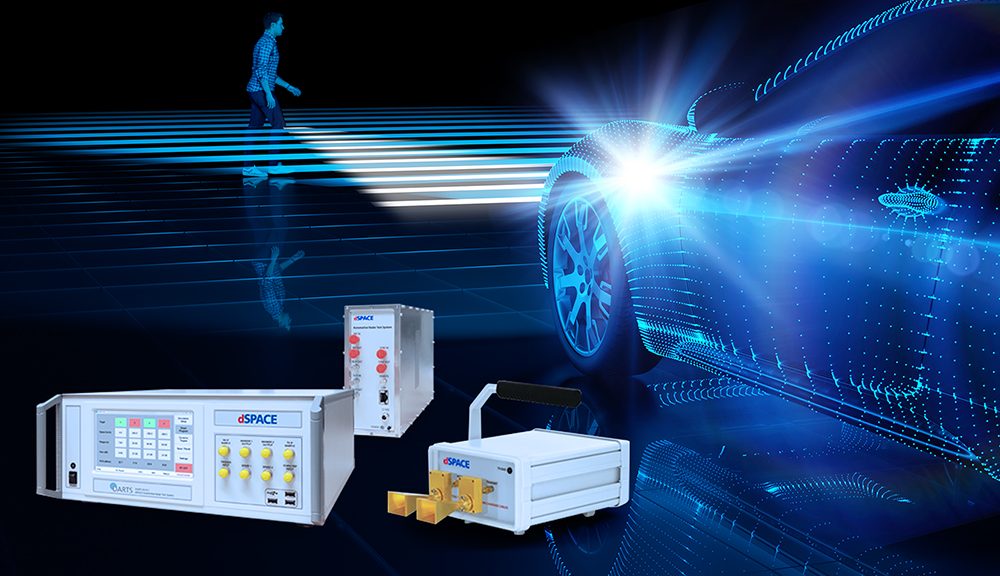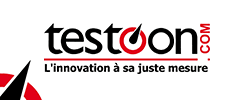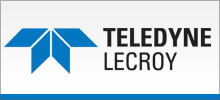- dSpace has entered into an exclusive partnership with the specialists in miro-sys radar technologies and Innovative Technical Systems (ITS).
- The German Miro-sys and the American ITS are specialized in systems that dynamically simulate radar echoes.
- Through this agreement, dSPACE will distribute these radar systems internationally and integrate them into its own product range for use throughout the entire lifecycle: from chip manufacturing to testing of vehicle driver assistance radar systems.
miro-sys is a German company located near Munich, specializing in turnkey systems for radio frequency and millimeter wave applications. It provides RF simulation systems for radar sensors well before the emergence of the autonomous driving industry.
Innovative Technical Systems (ITS) specializes in the design, development and manufacture of microwave and millimeter wave systems, over a frequency range from DC to 100 GHz, for radar, communication and instrumentation applications. The American company started its activity in 1997 under the name of Innovative Technology and was renamed Innovative Technical Systems in 2006. It has nearly 20 years of experience in designing test systems for automotive radar applications.
ITS and miro-sys have been partners for nearly 20 years. This alliance has given rise to a variety of solutions used in the automotive, aerospace and R&D sectors.
The three companies also agreed to the acquisition of intellectual property (IP) by dSPACE. dSPACE’s new offer includes solutions for the testing of radar sensors in production, hardware-in-the-loop validation, and final testing of vehicle manufacturers’ vehicles. These new products will also be used for approval and the aftermarket.
dSPACE will market radar sensor test solutions under the product name dSPACE Automotive Radar Test Systems (DARTS). The DARTS range includes portable devices as well as systems for test benches in the development laboratory or in production. Standalone solutions or complex radar test systems are also available for simulators and closed-loop test automation.
These instruments are distinguished by their modularity, scalability and software configuration, such as echo count, detection ranges, target sizes, or Doppler frequencies. Other advanced functions are available: determination of interference resistance (normal jammer), radar sensor characterization (performance, frequency stability, bandwidth, chirp parameter), and use of Euro NCAP-based test scenarios.






